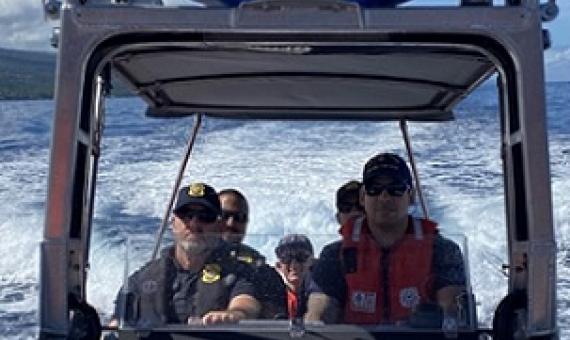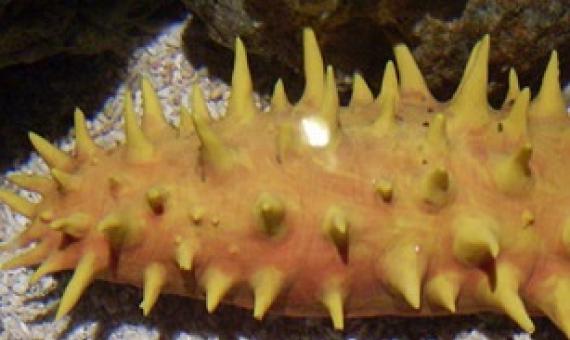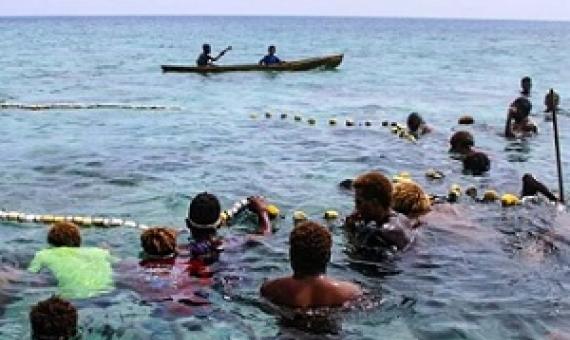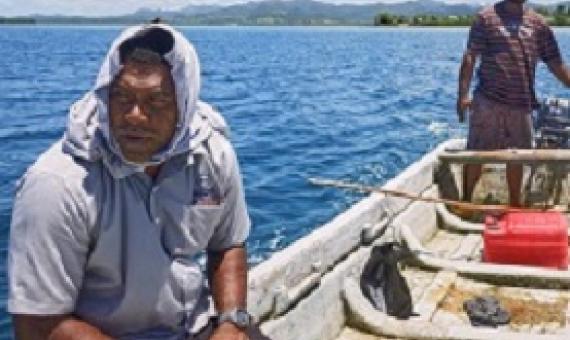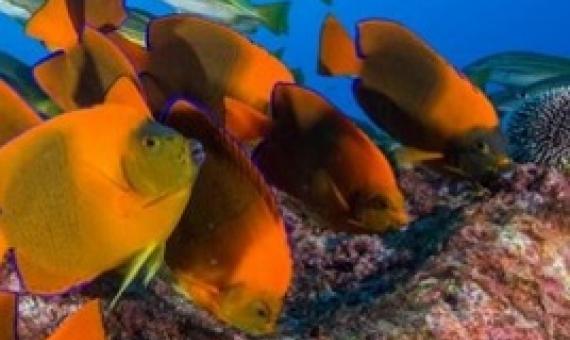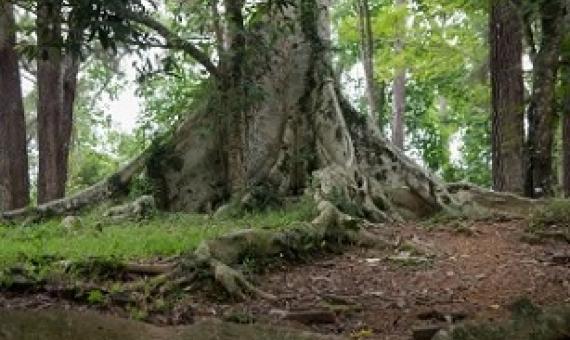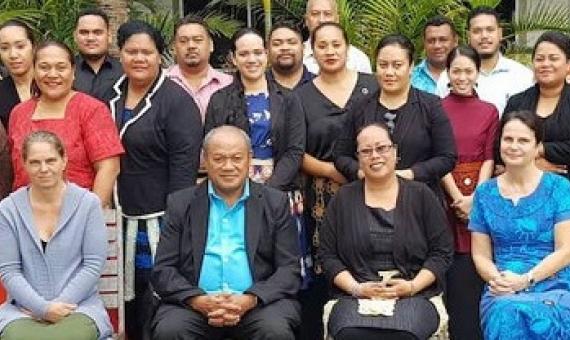Coast Guard and NOAA Office of Law Enforcement crews conducted joint patrols under Operation Nemo in the vicinity of Hawaii Island June 16 to 26.
Severe penalties will be issued to Papua New Guinea fishermen who ignore a new order postponing the start of the sea cucumber harvesting season...The Post Courier newspaper reported the beche-de-mer season was due to commence in July but had now been deferred until the 17 August.
Communities along the coastline of Malaita Province have transformed degraded natural environments in recent years – and have improved their access to local foods as a consequence.
Mosese Vesikara and his uncle, Kinikoto Mailautoka, are on the reef collecting sea urchins for lunch...When out collecting Vesikara and the other fishers carefully skirt the tabu – pronounced TAM-bo – a no-fishin
This webinar builds on a paper published in April, 2020, in Nature (Duarte et al., 2020) to discuss solutions for rebuilding marine life. Sustainable Development Goal N°14 aims to "conserve and sustainably use the oceans, seas and marine resources".
The far-flung islands of the Pacific Ocean were the last scraps of land on the planet to be settled by humans.
Cook Islands Global Reef Expedition - Final Report
In April 2011, the Khaled bin Sultan Living Oceans Foundation (KSLOF) embarked on the Global Reef Expedition (GRE)- the largest coral reef survey and mapping expedition in history. The GRE was a rigorous five-year scientific mission to study coral reefs around the world. The expedition was designed to assess the impact of anthropogenic and natural disturbances on reef ecosystems, including runoff, climate change, storm damage, and Crown-of-Thorns Starfish (COTS) outbreaks.
There is no doubt that the Pacific’s ocean needs to be better managed so that respective countries in the region can gain the maximum benefits. This is something the Government of Tonga believes should be done urgently...Tonga plans to implement the Ocean Plan by the end of this year.
Strategic Plan for the Conservation and Management of Marine Resources in the Pacific region
This Strategic Plan provides an integrated overview of a science based to living marine resource conservation and management in the Pacific Islands Region. The goals and objectives reflect here also generally reflect NOAA Fisheries national goals with appropriate acknowledgements of the unique cultural, historical, geographical and ecological features that characterize the people and living marine resources of the region
Marine Invasive Alien Species
Marine invasive species are currently recognized as one of the major direct causes of biodiversity loss and changes in ecosystem provisioning and supporting services. This dataset documents the recent progress in addressing their growing threat to ocean biodiversity and ecosystems.

